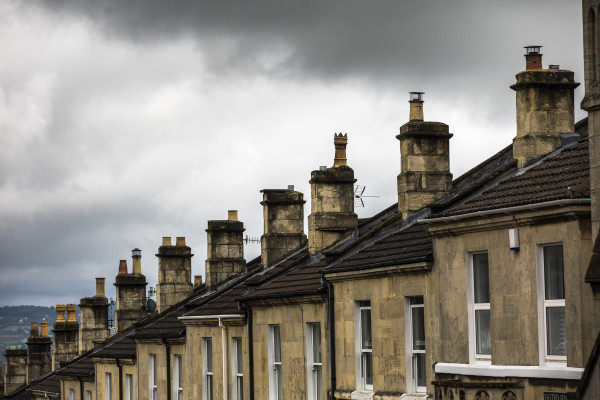

Stronger state support for homeowners at risk of eviction is needed, according to think tank Social Market Foundation (SMF).
In its report on strengthening the UK’s mortgage safety net, the SMF said Support for Mortgage Interest (SMI) loans should be replaced with a time-limited grant, as has been proposed by the Centre for Policy Studies.
According to the think tank, this would ensure that those suffering a temporary loss of income receive support for housing costs during a period of hardship, without the risk of building up further financial issues from having to take on an additional loan.
Its analysis of the latest ONS wealth and assets survey suggested about 770,000 households were in a financial position that left them vulnerable to repossession in the event of a loss of income prior to the pandemic.
A February survey of 2,000 mortgage borrowers for the report also found that one in seven (14 per cent) said they lacked the savings to cover one mortgage payment. Three in 10 (30 per cent) said they could pay their mortgage for no more than two months.
Under guidance from the Financial Conduct Authority, homes should generally not be repossessed before April 1 without the mortgage borrower’s consent, while mortgage payment deferrals are scheduled to end on July 31.
In an update today (March 5) the FCA warned lenders against repossessing properties from April unless "all other reasonable attempts to resolve the position have failed".
Scott Corfe, research director at the Social Market Foundation, said: “It’s often observed that the pandemic public health restrictions have allowed many people to pocket extra savings.
"But our analysis shows this isn’t true for everyone and close to 800,000 homeowners could be at risk of losing their home during these turbulent economic times.
“With 30 per cent of homeowners seeing a reduction in savings during the pandemic, the government needs to prepare for a possible spike in evictions and repossessions, with many of society’s most vulnerable unable to keep paying their mortgage if they suffer a loss of income or lose their job.”
The think tank also suggested enhancing ‘private’ mortgage safety nets, such as encouraging wider, but not mandatory, uptake of mortgage payment protection insurance.
SMF added that such insurance could play a key role in preventing repossessions if bought and sold correctly and in a price-competitive product market.
It also proposed an ‘enhanced’ Assisted Voluntary Sale process, such as the removal of any early repayment charges to help sell a property before the mortgage term ends, and lenders providing a cash advance of any equity available.
Paul Broadhead, head of mortgages and housing at the Building Societies Association, said it was “more important than ever” to consider all possible options that could help homeowners struggling to meet mortgage payments beyond lender forbearance, amid growth in wealth and income inequality due to the pandemic.
Johnny Timpson, technical and industry affairs manager at Scottish Widows, commented: “I’ve long held the view that a conversation and advice on buying your home is only half the job.
“A discussion on how you now remain in it in the face of health and associated income shocks being no more, no less than mortgage brokers and financial advisers delivering on their duty of client care, plus acting in the client’s best interest.”
chloe.cheung@ft.com
What do you think about the issues raised by this story? Email us on FTAletters@ft.com to let us know.



